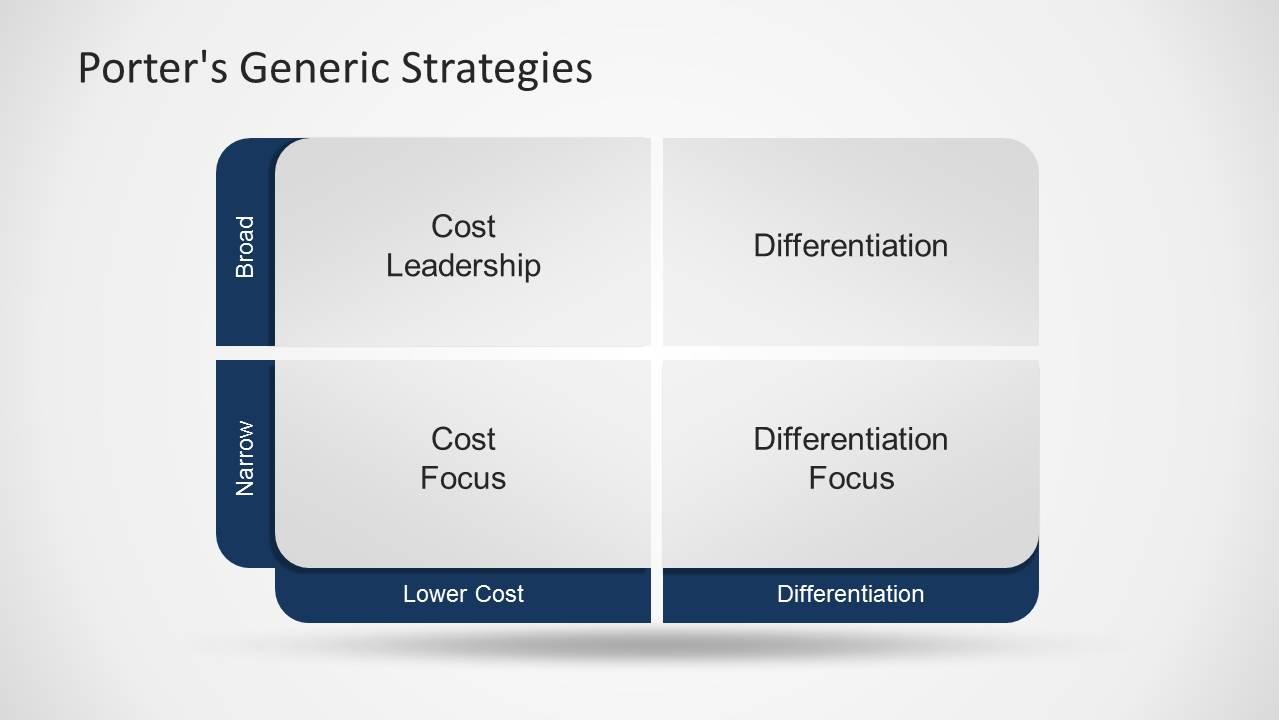All about Strategy (mini masterclass)
Ideas, facts & insights covering these topics:
17 ideas
·7.18K reads
48
3
Explore the World's Best Ideas
Join today and uncover 100+ curated journeys from 50+ topics. Unlock access to our mobile app with extensive features.
What is Strategy?
A business strategy is a plan that tells your company how to achieve a competitive advantage.
Sun Tzu's book on strategy, The Art of War, is one of the earliest examples of strategic thinking.
Tactics are the means you use to put your strategy into action.
69
780 reads
Two Strategic Choices
There are two types of strategic choices:
1) Business-level strategies help a company become more successful in a specific market or industry.
2) Corporate-level strategies help a company become more successful by operating in multiple markets or industries simultaneously.
Both types of strategies are important, and a business can be more successful by using the right strategies at the right time.
65
634 reads
Many Strategies Fail Because They’re Not Actually Strategies
A real strategy is a set of choices that define what the firm is going to do and what it's not going to do. Many so-called strategies are actually goals, and others may be a couple of the firm's priorities, but they do not form a coherent strategy when considered in conjunction.
A good example of a real strategy is when the British toy company Hornby Railways decided to focus on collectors and hobbyists instead of children.
67
557 reads
Types of Strategies
- Blue Ocean Strategy
- Michael Porter's Generic Competitive Strategies
- Differentiation Strategy
- Defensive Strategy
- Offensive Strategy
- Flanking Strategy
- Guerrilla Strategy
- Brandwashing Strategy
81
645 reads
Blue Ocean Strategy
A Blue Ocean Strategy is when you don't compete with others in the same market, but in a new market where there are no competitors. This was developed by W. Chan Kim and Renée Mauborgne. The idea is that it's better to create new customers than to compete with existing ones.
Example: Tesla created a blue ocean for itself by venturing into electric vehicles within the automobile industry.
71
513 reads
Generic Competitive Strategies
1) Cost leadership: The goal of reducing costs is to offer competitive prices and to make more money. High volume, low-profit margin.
2) Differentiation: Creating different products for different groups of people makes your company different from others. This can make your products more desirable, and give you a competitive advantage.
3) Focus: Focus is about concentrating on one market segment and doing everything possible to dominate it. However, this can lead to short-term thinking and overlooking other opportunities.
69
482 reads
Differentiation Strategy
Differentiation strategy is when a company creates unique products that are different from their competitors. This makes customers more likely to accept higher prices, which means the company makes more money.
Bajaj Auto chose a differentiation strategy as opposed to a familiarity (following the leader) strategy.
Example: Mercedes was already a market leader when BMW entered the US market. To set themselves apart, BMW ran a campaign saying that BMWs are the ultimate driving machine, and Mercedes is the ultimate sitting machine.
69
393 reads
Defensive Strategy
Defensive strategies are tools that help companies protect themselves from attacks by a competitor.
A market leader has to only defend the position by simply raising the bar.
Example: Coca-Cola is the market leader, so it just has to raise the bar to stay ahead.
67
389 reads
Offensive Strategy
An offensive strategy is when a business takes certain steps against the market leader to get ahead and become more competitive.
A market challenger has to adopt an offensive strategy by doing the opposite of the leader.
Example: Bajaj Auto couldn't use a defensive strategy. Instead, they used an offensive strategy, which is to be different from the leader. They told their customers that if they just want a high-mileage motorcycle, they should buy a Honda or Hero Motorcycle. But if they want a cool, sexy, sporty, fast, and powerful motorcycle, then they should buy a Bajaj Pulsar.
66
313 reads
Flanking Strategy
Flanking strategy is when a company attacks from the side.
In some markets, there are leaders and also someone who is the opposite of the leader. In this case, companies can use a flanking strategy.
Companies think that if they make a better product, consumers will buy it. But consumers don't buy a better product, they buy something different. There is a difference between being better and being different.
Example: Bajaj Auto made a motorcycle called Discover that gave good mileage + was stylish + good performance.
66
322 reads
Guerrilla Strategy
A Guerrilla Strategy is when you attack a company with a lot of small attacks to push it out of its position in the market.
If a company has a niche then they use a guerrilla marketing strategy.
Example: Royal-Enfield in India makes powerful bikes that have become cult items within the biking community.
64
336 reads
Brandwashing Strategy
Brand-washing is a marketing strategy that makes a company's products and services more appealing to consumers by making them seem more connected to the customer.
Example: the smacking sound we hear when unscrewing certain jars and containers has been patented. It conveys a feeling of freshness and cleanliness.
How do companies brand-wash us?
- Fear-mongering marketing
- Nostalgia marketing
- Sex in advertising
Who are the people companies use to brand-wash us?
- Peer pressure
- Family and friends
- Celebrities and experts.
64
319 reads
6 Ps of Strategic Thinking
1) Plan: Start with a goal in mind, and design a plan tailored to help you achieve it.
2) Ploy: Figure out what tactics you can use to deal with competitors or others in your company.
3) Pattern: See if you can identify any patterns in people's behavior, in order to improve processes or find new customers and markets.
4) Position: Understand how your company stacks up against the competition.
5) Perspective: Think about how the company's character could be improved to better suit its strategic goals.
6) Process: Constantly monitors and tweak it to make sure you're on track.
72
253 reads
Five Questions to Develop Winning Strategy
- What is our winning aspiration?
- Where will we play?
- How will we win?
- What capabilities must we have in place to win?
- What management systems are required to support our choices?
65
309 reads
7 lessons to be learned from Apple's successful business strategy
1) Build the products you want to own.
2) Don't apologize for charging what you're worth.
3) Cut the clutter.
4) You can't be everything to everyone.
5) Control your distribution.
6) Create a feeling, not a product.
7) Account for all aspects of your product.
70
322 reads
Minimalism in Business Strategies
37signals (now Basecamp) has been doing well because they have been careful not to grow too fast. If they had expanded, they would have had to deal with more people and more bureaucracy, which would have made it harder to get things done.
Jason Fried believes in:
- Keep it small
- Hire when it hurts
- Avoid raising money and control investment
64
292 reads
IDEAS CURATED BY
CURATOR'S NOTE
Over the years, I learned a great deal about strategy, and I've distilled it into an easily understandable guide for you.
“
Similar ideas
7 ideas
1 idea
Good Strategy, Bad Strategy
Richard P. Rumelt
29 ideas
Good Strategy, Bad Strategy
Richard P. Rumelt
Read & Learn
20x Faster
without
deepstash
with
deepstash
with
deepstash
Personalized microlearning
—
100+ Learning Journeys
—
Access to 200,000+ ideas
—
Access to the mobile app
—
Unlimited idea saving
—
—
Unlimited history
—
—
Unlimited listening to ideas
—
—
Downloading & offline access
—
—
Supercharge your mind with one idea per day
Enter your email and spend 1 minute every day to learn something new.
I agree to receive email updates

















